Running a business these days takes a lot of time, knowledge and hard work! One thing many companies don’t give as much thought to as they probably should, is their shipping service. This is an increasingly important consideration, especially given the continued rise of e-commerce and online consumerism. Put simply, online retail sales will peak at an estimated $370 billion in the year 2017, with the US and European markets growing at a particularly pronounced rate.
Whether you’re regularly delivering products to your customers, or you rely upon shipping to import goods; it’s important to have a good understanding of how this market works in the current climate. For example, do you know about the rules and restrictions placed upon you when you’re importing goods from another country? If you don’t, you could end up putting your business in jeopardy as you branch out towards an international marketplace.
Below you’ll discover everything you need to know about international e-commerce shipping.
Costs and taxes
While technology has made it a lot easier for small businesses to expand on a global level, it hasn’t necessarily taught them what this actually involves. In terms of costs, you not only have to think about the general cost of shipping, but also any taxes and duty costs that might apply.
In the world of e-commerce shipping, this is known as “landed cost”. It’s vital you work out what your landing costs are going to be before you decide how much to price your products and how much to charge the customer for shipping. If you don’t double check the costs before sending a parcel, the courier could ask the customer to pay the additional fees – something they are likely to refuse!
Restricted goods
Another very important thing to determine is whether there are any restrictions on the goods you wish to import. If you are importing goods from Japan for example, some types of products will require an import license. TNT has a great short guide to help when importing goods from Japan. You can also find a great list of restricted goods on the Gov.UK website.
Timing
With international shipping, timing is everything. Customers expect to receive their goods as quickly as possible. Now, generally shipping from a foreign country can take week, especially when you’re having goods shipped from Asia. However, there are faster shipping options available to you; you just need to make sure you’re charging enough to cover the costs.
Overall, there are a lot of things to consider when dealing with international e-commerce shipping. Many small businesses end up losing a lot of money simply because they fail to understand the basics behind foreign shipping. The above are three of the most important factors to consider if you want to avoid being one of them, or if you have any aspirations of thriving in the competitive e-commerce space.



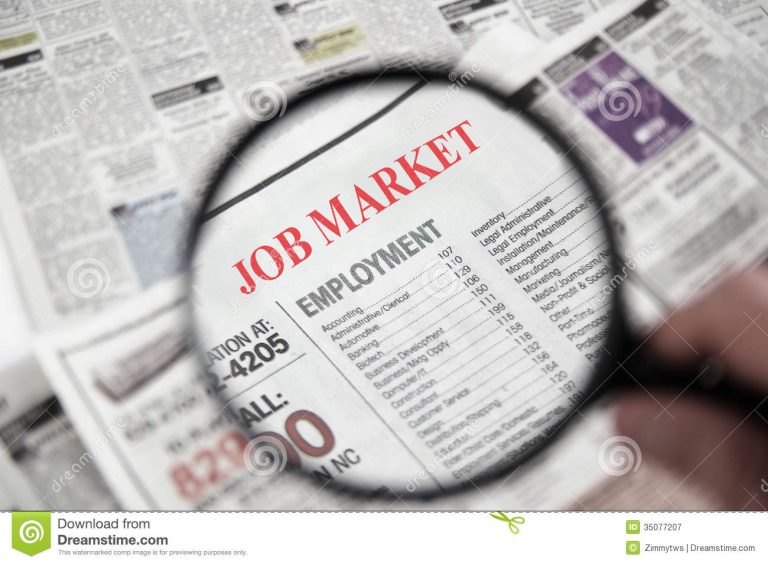
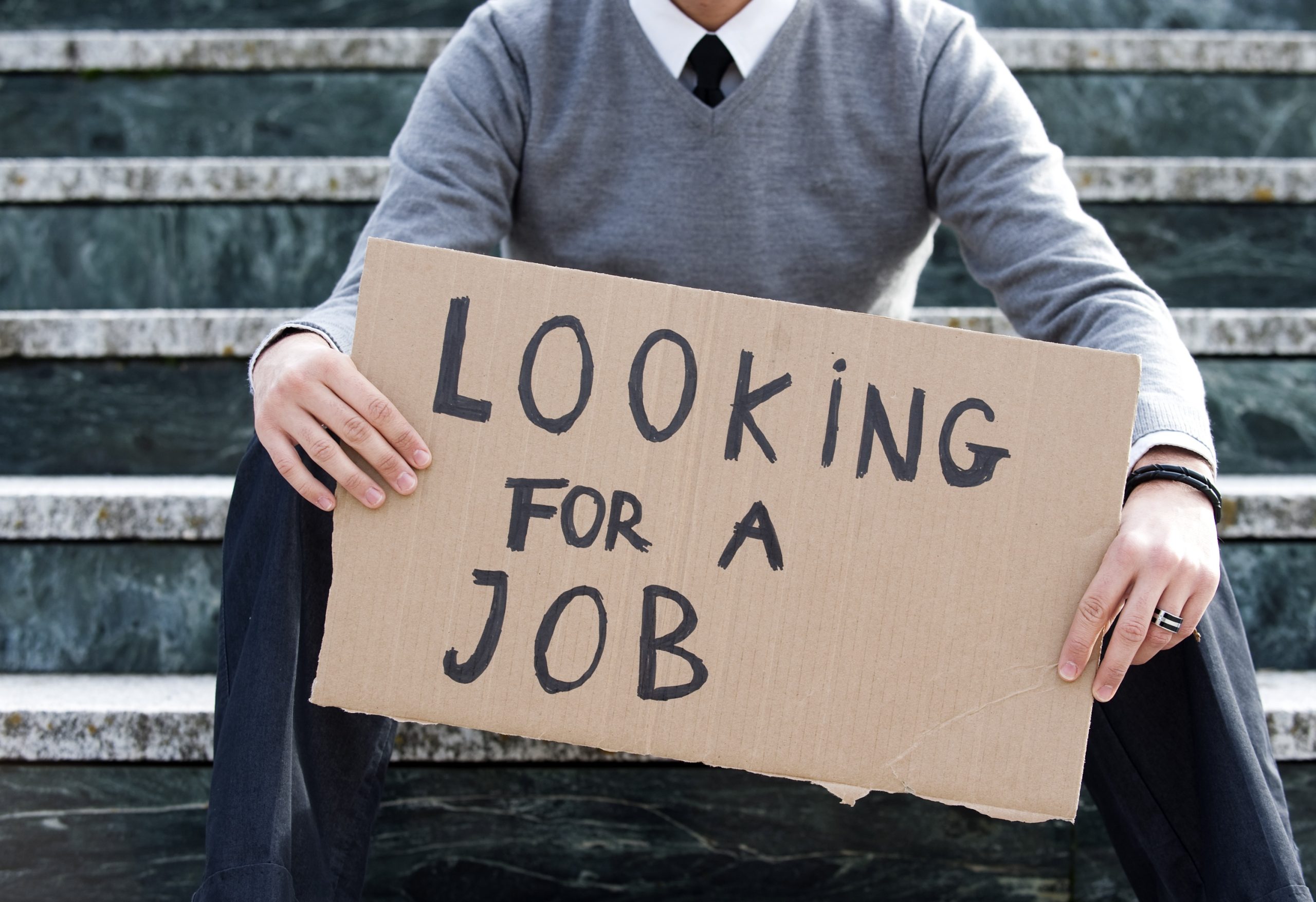










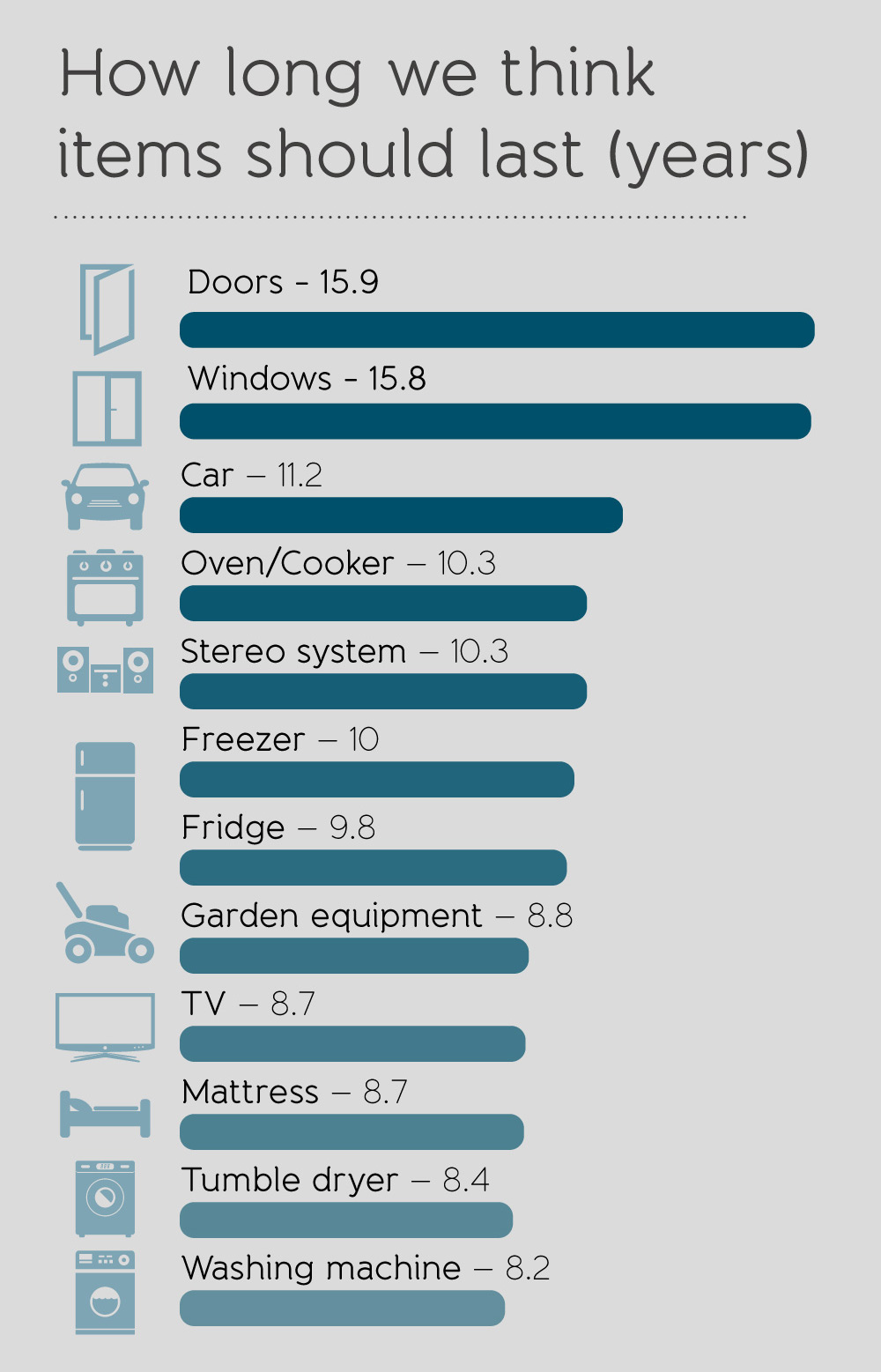
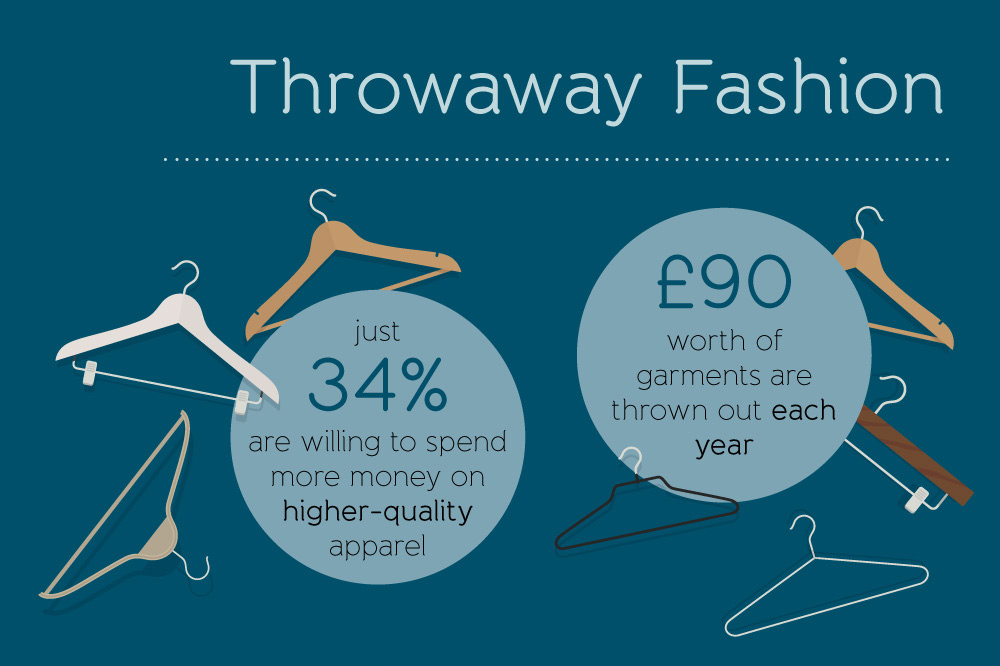
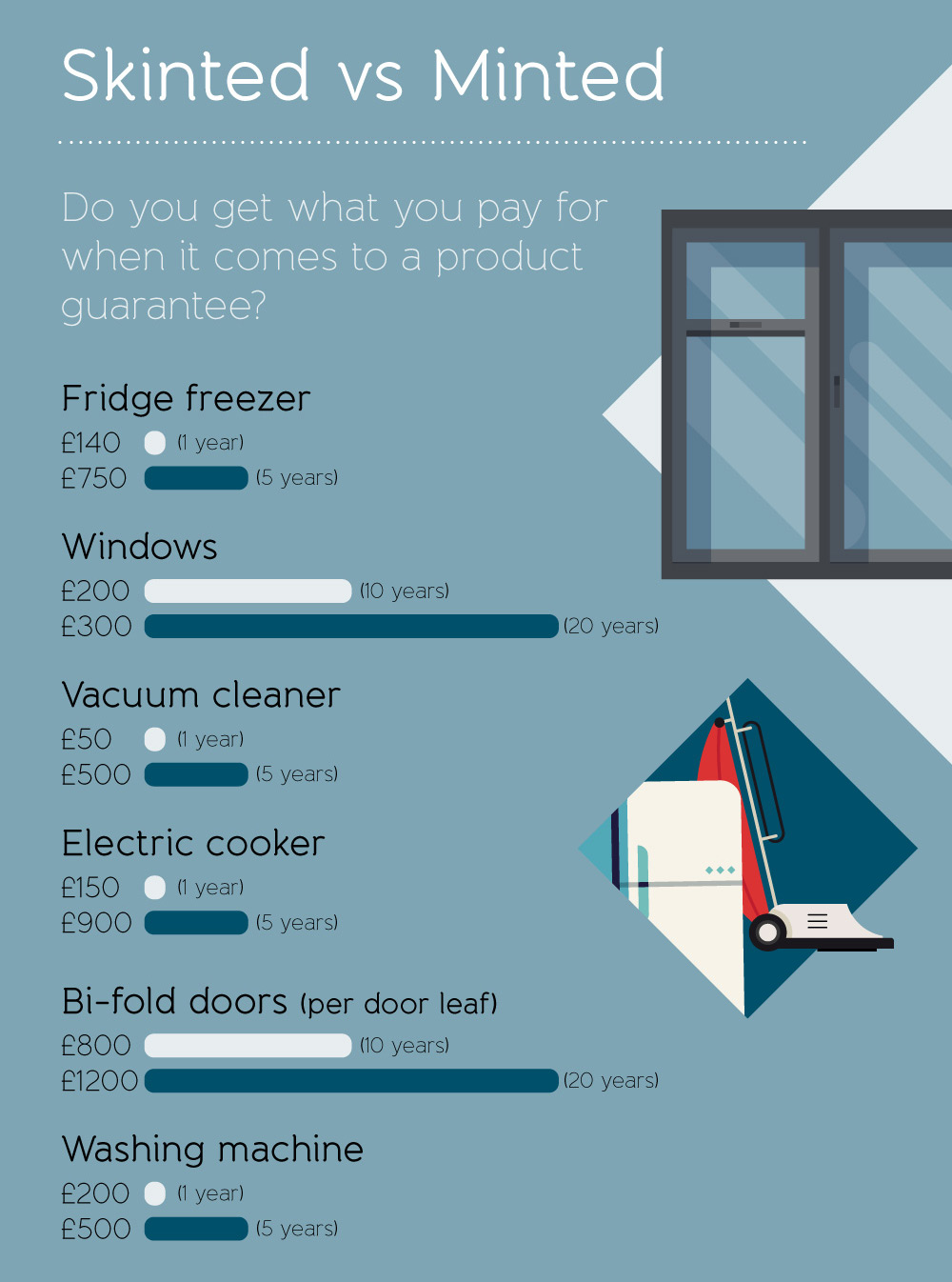



 Bitcoin
Bitcoin  Ethereum
Ethereum  Tether
Tether  XRP
XRP  Wrapped SOL
Wrapped SOL  USDC
USDC  Lido Staked Ether
Lido Staked Ether  TRON
TRON  Cardano
Cardano  Avalanche
Avalanche  Toncoin
Toncoin